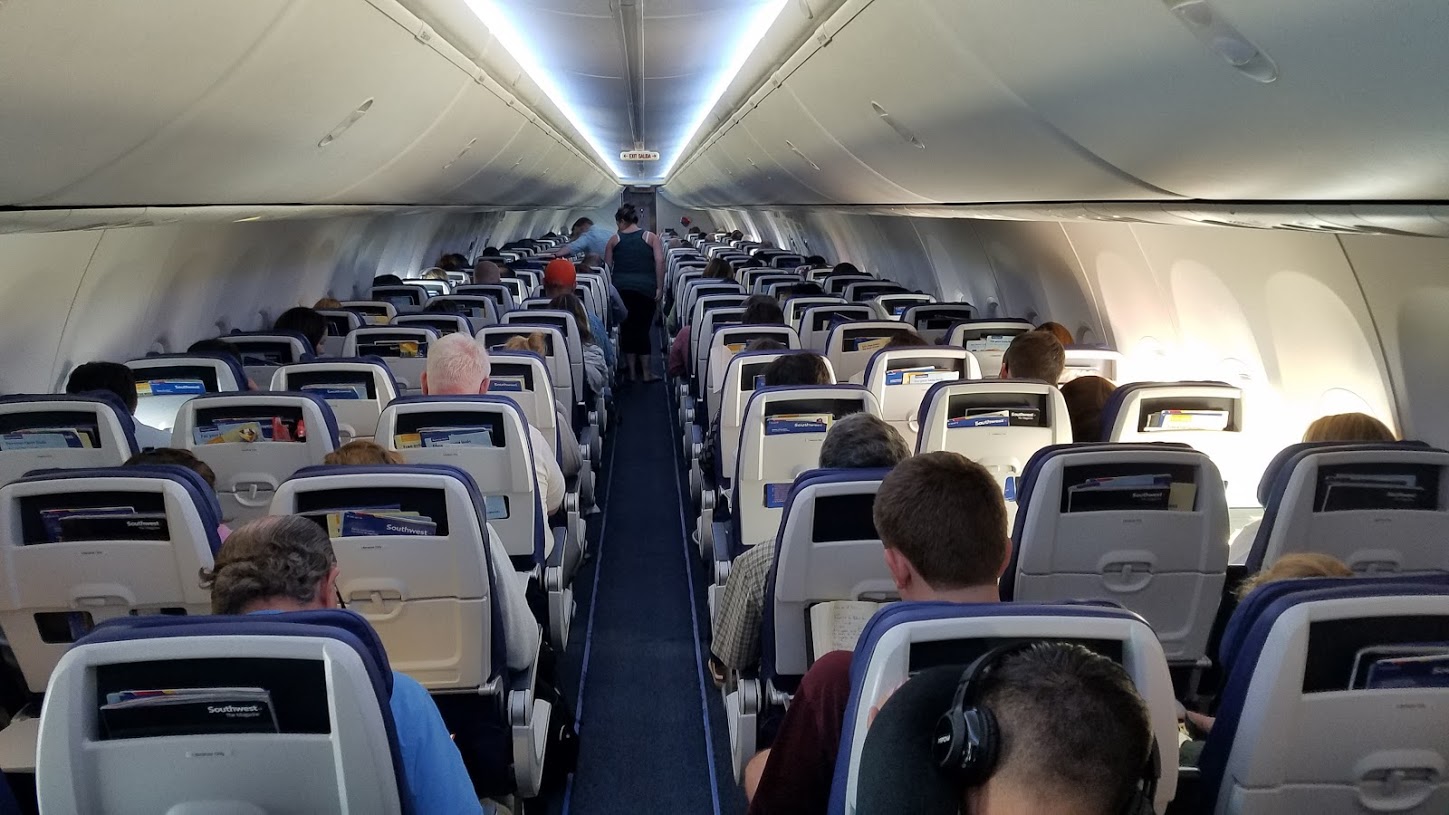
Ever wondered why airline ticket prices seem to change every time you check? Airline fare structures are a complex web of factors that can leave even the savviest traveler scratching their head. From the time of booking to the day of the week, numerous elements influence the cost of your flight. Airlines use sophisticated algorithms to maximize profits while filling seats, making it a game of strategy for both the airline and the passenger. Understanding these factors can help you snag the best deals and avoid overpaying. Ready to decode the mystery behind those fluctuating prices? Let’s dive into 20 fascinating facts about airline fare structures!
Key Takeaways:
- Airline fare structures are influenced by dynamic pricing, seasonality, and competition. Understanding these factors can help travelers find better deals and save money on their flights.
- Knowing about special fare types, hidden costs, and tips for finding the best fares can empower travelers to make informed decisions and maximize their savings when booking airline tickets.
Understanding Airline Fare Structures
Airline fare structures can seem confusing, but they follow specific patterns and rules. Here are some intriguing facts to help you understand how airlines price their tickets.
-
Dynamic Pricing: Airlines use dynamic pricing, adjusting fares based on demand, competition, and other factors. Prices can change multiple times a day.
-
Fare Classes: Tickets are divided into fare classes, each with different rules and prices. Economy, business, and first class are common, but within each, there are sub-classes.
-
Advance Purchase: Tickets bought well in advance are usually cheaper. Airlines reward early planners with lower fares.
-
Saturday Night Stay: Some fares are cheaper if the trip includes a Saturday night stay. This targets business travelers who often return before the weekend.
Factors Influencing Airline Fares
Several elements influence how airlines set their fares. Understanding these can help you find better deals.
-
Seasonality: Prices fluctuate based on the season. Holidays and summer months often see higher fares due to increased demand.
-
Competition: When multiple airlines serve the same route, fares tend to be lower. Competition drives prices down.
-
Fuel Prices: Fuel costs are a significant part of an airline's expenses. When fuel prices rise, so do ticket prices.
-
Route Popularity: Popular routes with high demand usually have higher fares. Less popular routes might offer cheaper tickets.
Special Fare Types
Airlines offer various special fare types to cater to different needs and preferences.
-
Round-Trip vs. One-Way: Round-trip tickets are often cheaper than two one-way tickets. Airlines incentivize round-trip purchases.
-
Non-Refundable Tickets: These are cheaper but come with strict rules. Changes or cancellations usually incur fees.
-
Last-Minute Deals: Sometimes, airlines offer last-minute deals to fill empty seats. These can be a gamble but might save money.
-
Group Discounts: Traveling in a group? Airlines often provide discounts for group bookings.
Hidden Costs and Fees
Beyond the base fare, several hidden costs can affect the total price of your ticket.
-
Baggage Fees: Many airlines charge extra for checked bags. Budget airlines might even charge for carry-ons.
-
Seat Selection Fees: Want to choose your seat? Some airlines charge extra for this privilege.
-
In-Flight Services: Meals, drinks, and entertainment might come with additional costs, especially on budget airlines.
-
Booking Fees: Booking through third-party websites can incur extra fees. Booking directly with the airline might save money.
Tips for Finding the Best Fares
Knowing how to navigate fare structures can help you find the best deals.
-
Flexible Dates: Being flexible with your travel dates can lead to significant savings. Use fare comparison tools to find the cheapest days to fly.
-
Incognito Mode: Searching for flights in incognito mode can prevent price hikes based on your search history.
-
Frequent Flyer Programs: Joining an airline's frequent flyer program can earn you points and access to exclusive deals.
-
Price Alerts: Set up price alerts on travel websites. You'll get notified when fares drop for your desired route.
Final Thoughts on Airline Fare Structures
Understanding airline fare structures can save you money and make your travel planning smoother. Airlines use complex pricing strategies based on demand, competition, and even the day of the week. Knowing the difference between economy, premium economy, business, and first class can help you choose the best option for your needs. Keep an eye out for hidden fees like baggage charges and seat selection costs. Use tools like fare comparison websites and set alerts for price drops. Flexibility with your travel dates can also lead to significant savings. Remember, booking early often gets you the best deals, but sometimes last-minute fares can be surprisingly low. By staying informed and being strategic, you can navigate the world of airline fares with confidence and ease. Happy travels!
Frequently Asked Questions
Was this page helpful?
Our commitment to delivering trustworthy and engaging content is at the heart of what we do. Each fact on our site is contributed by real users like you, bringing a wealth of diverse insights and information. To ensure the highest standards of accuracy and reliability, our dedicated editors meticulously review each submission. This process guarantees that the facts we share are not only fascinating but also credible. Trust in our commitment to quality and authenticity as you explore and learn with us.


